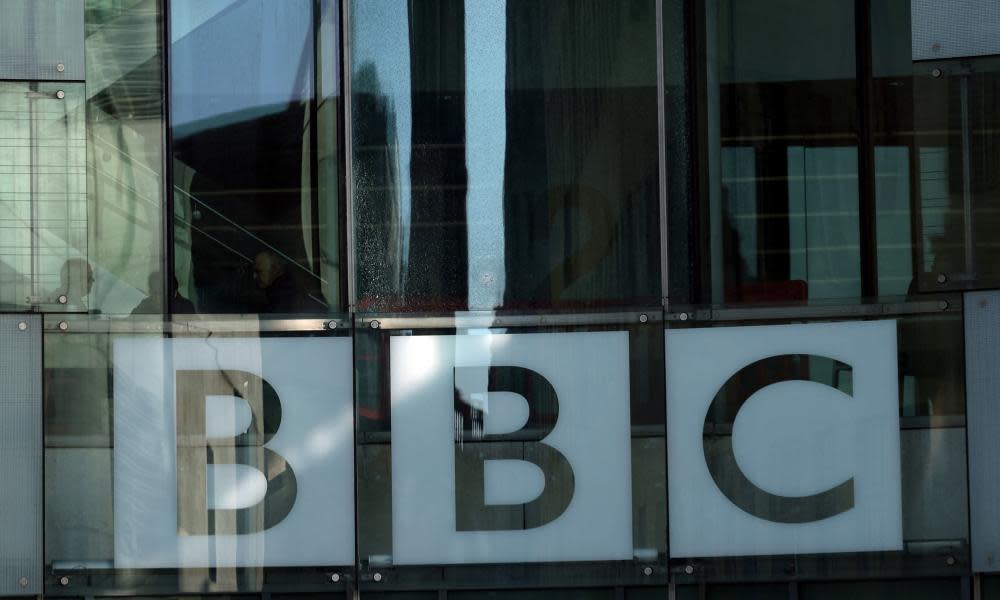Government’s attack on the BBC is a threat to our democracy

Readers defend the national broadcaster against the Conservatives’ plan to abolish the licence fee
As I read Polly Toynbee’s article on the government’s intention to end the BBC’s licence fee (The BBC must defend itself with all its might against this mortal threat, 16 January), I felt a sense of despair rarely experienced in my 70-plus years on this earth. Once again, this government is continuing along the path taken by so many corrupt and failing states by taking away yet another fundamental pillar that helps create a strong democratic society – access to a fair, independent and balanced news media prepared to inform, educate and challenge.
This is just one aspect of the government’s wider agenda designed to restrict all that is essential for a robust and healthy democracy. The list is extensive: cronyism through the awarding of contracts without due process; legislation restricting the democratic right to peaceful protest; manipulating voting processes and constituency boundaries for party political gain; the prorogation of parliament to avoid scrutiny and debate; interfering with and undermining the authority of those implementing judicial and disciplinary processes.
The BBC, with all its faults and failings, is one of this country’s glittering achievements – respected and valued worldwide. If we allow its voice to be diminished, the standing and reputation of this country will itself be greatly diminished.
Peter Riddle
Wirksworth, Derbyshire
• If the licence fee goes, the BBC will be reduced to a rump broadcaster on the lines of public broadcasting in the US. Every month, all radio and TV stations will spend several days asking for donations to keep going. Radio 3 and Radio 4 will disappear as functioning entities. Radio 2 might just about survive. Local radio will disappear, with the possible exception in extremely large cities.
News will be reduced to a skeleton operation reliant on press agencies. Educational broadcasting and children’s television programmes will disappear. All the science provision will dissolve. Documentaries will vanish. There will be no room to encourage new writing or music. Social information activities will cease.
The BBC is not a streaming service. All the big platforms do one thing only, and often do it well. But they have no obligations to provide factual news, research, or programmes that examine in detail social issues, eg File on 4.
The Tories loathe the BBC and they have always wanted to get rid of it. Abolishing the licence fee will achieve that.
Philip Clayton
Edgware, London
• What should the BBC do next? Take the threat seriously – how? Play for the highest stakes possible. Namely, it should call the government’s bluff by mothballing its ridiculous “editorial balance” principle and start exposing, via a variety of genres, how the Tories have worked tirelessly to destroy the UK’s democratic institutions, one by one, in pursuit of the alignment of the country’s fortunes to the wilder shores of US republicanism.
The Conservative methodology of covertly privatising our great institutions while pretending the opposite is well established: reduce spending such that services suffer, and then the public-funding model is obviously faulty and only the profit-making sector can rescue it. We’ve seen this with the railways (look where that got us), it’s happening to the NHS, and now it’s proposed with the BBC.
As Jim Waterson points out (Report, 16 January), “The BBC has already made substantial cost savings … the public should prepare for the BBC to provide less high-end drama and sports coverage … This could in turn erode support for the BBC if the public no longer feel they are receiving value for money from the licence fee.” There we have it: goodbye to the BBC.
Dr Richard Carter
Putney, London
• For many people, the BBC is as important to this country as the NHS. It is a source of honesty and integrity that is sadly lacking in politicians. The action of this government is going to come back to bite it. It should by now be fully aware that the voting public are not mugs. They will see the plans for what they are: outright political vindictiveness and a cheap smokescreen to cover their leader.
Colin Barlow
Tarporley, Cheshire
• So “the days of the elderly being threatened with prison and bailiffs knocking on doors are over”. Those days only started when this government ended funding for free licences for the over-75s.
Geoffrey Wheeler
Coventry
• Given the Conservative party’s apparent inability to understand for what and for whom the BBC exists, isn’t it time to consider making parliament a subscription service?
Graham McCann
Cambridge
• So the “culture” secretary, Nadine Dorries, is freezing the BBC licence fee for two years, which will mean significant cuts before the service is eliminated. We could crowdfund a licence fee top-up for the next two years, in time for a new, properly cultured government to save our national broadcaster. Who’s in?
Rina Picciotto
London
• Have an opinion on anything you’ve read in the Guardian today? Please email us your letter and it will be considered for publication.

 Yahoo News
Yahoo News 
